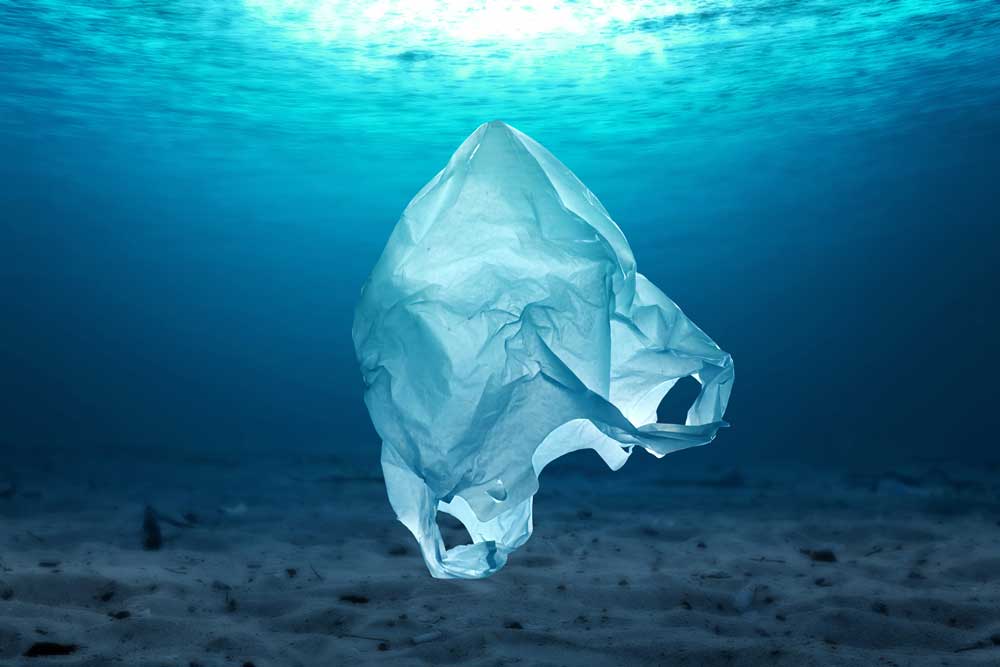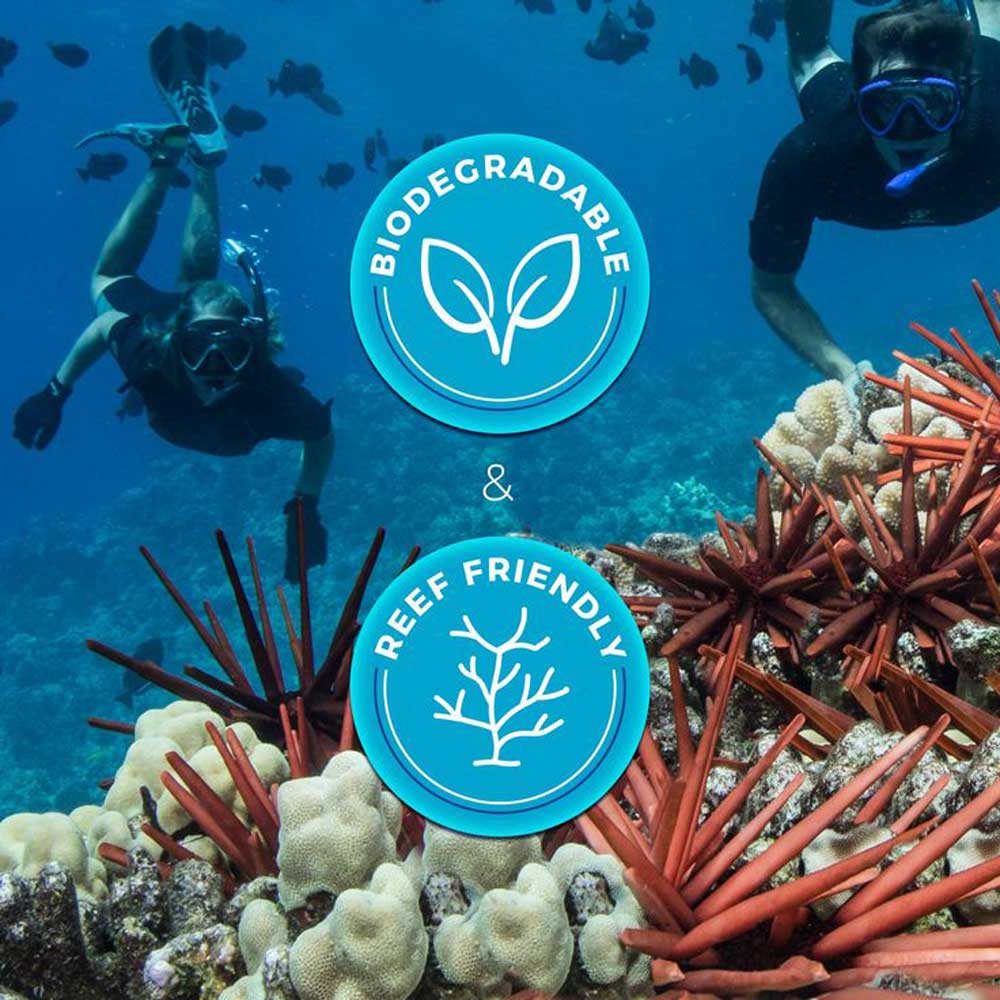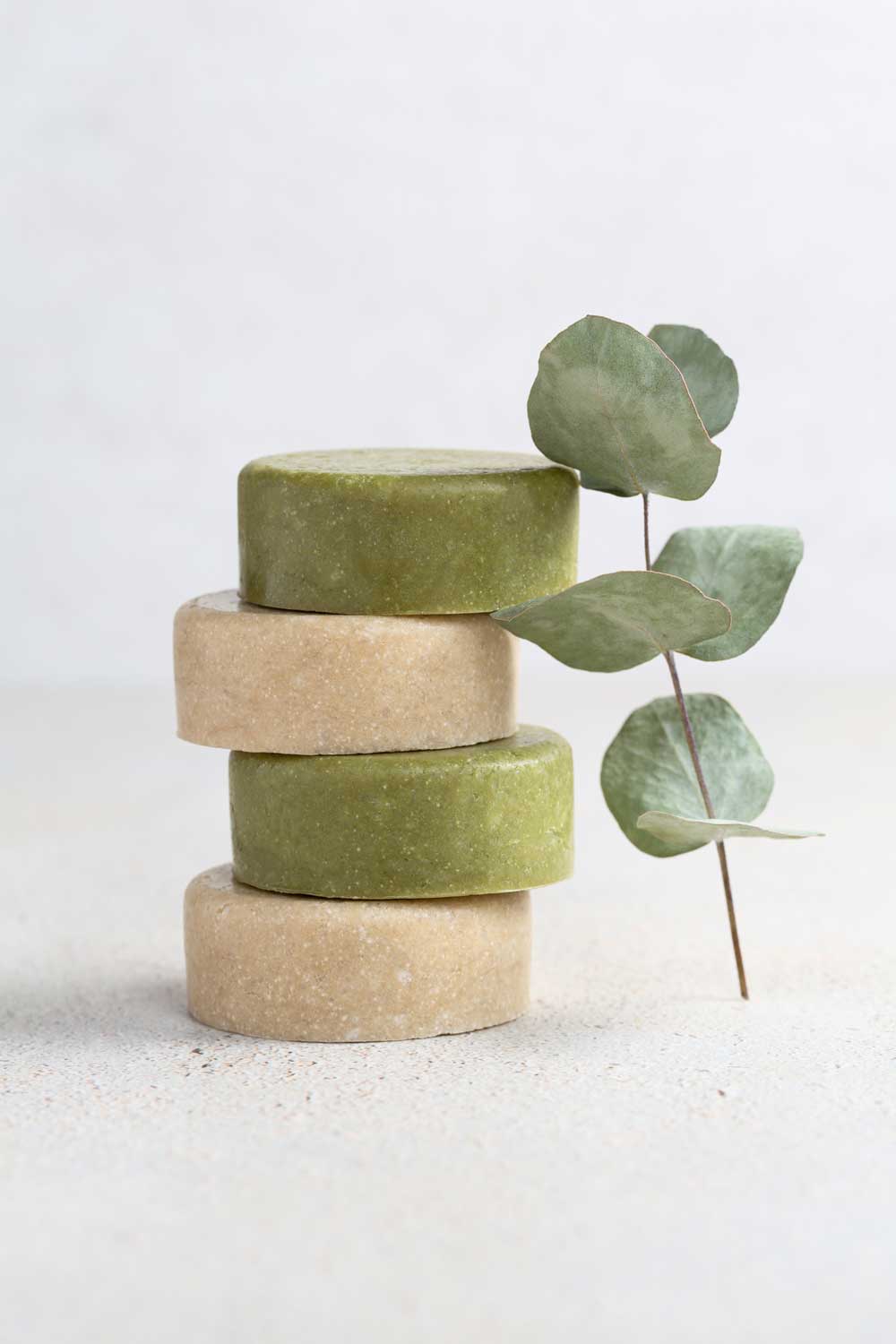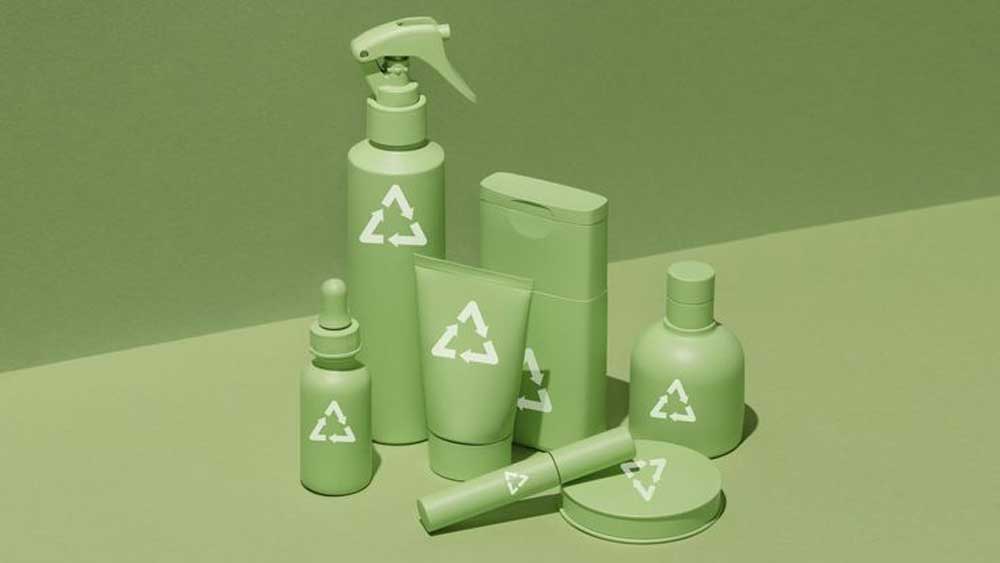The beauty industry has focused on green beauty and the use of natural, eco-friendly ingredients. But the other side to sustainable beauty often gets overlooked: blue beauty. This movement ensures that beauty products do not harm the oceans, marine life, or aquatic ecosystems.

Why Blue Beauty Matters
The connection between beauty and the ocean might not be obvious, but it is significant. Many common beauty products contain ingredients that when washed down the drain, flow into rivers and oceans, affecting marine life. Plastic packaging, microbeads, and even certain sunscreen ingredients are major contributors to water pollution.
India generates 9.46 million tonnes of plastic waste every year, with 40 per cent remaining uncollected. Globally, the beauty industry produces 120 billion units of plastic packaging annually, much of which ends up in the ocean. Every minute, the equivalent of a truckload of plastic waste is dumped into the sea. If this continues, by 2050, there could be more plastic in the ocean than fish.
The damage is already visible—marine animals often mistake plastic for food, leading to injuries, digestive issues, and even death. Coral reefs, which support a vast array of marine life, are also being destroyed by toxic chemicals found in beauty products.

1. Choose Reef-Safe Sunscreen
Sunscreen is essential for protecting your skin, but many chemical sunscreens contain oxybenzone and octinoxate, which are highly toxic to coral reefs. These chemicals contribute to coral bleaching, disrupting marine ecosystems.
Instead, switch to mineral sunscreens that contain zinc oxide or titanium dioxide, which provide effective sun protection without harming marine life. Look for labels that mention ’reef-safe‘ or ’ocean-friendly‘ formulas.
2. Say No To Microplastics
Many skincare and makeup products contain microbeads and synthetic glitter, which are tiny plastic particles that never break down. These end up in the ocean, where they are consumed by marine animals and enter the food chain.

3. Reduce Plastic Waste
Most beauty packaging is made from plastic, much of which is difficult to recycle. A large portion of this plastic waste ends up in the ocean, where it takes hundreds of years to break down.
To cut down on plastic waste:
- Choose brands that offer refillable, reusable, or compostable packaging.
- Switch to solid shampoo and conditioner bars instead of bottled products.
- Look for glass, aluminium, or recycled paper packaging, which are more sustainable alternatives.
- Avoid single-use sachets, which are nearly impossible to recycle.
Some brands also have take-back programmes, where you can return empty containers for proper recycling or refilling. Supporting such brands can significantly reduce plastic waste.
4. Avoid Harmful Chemicals
Many skincare and haircare products contain ingredients that, when washed off, flow into the ocean and harm marine life.
To make a safer choice, avoid:
- Parabens, which disrupt hormones in both humans and marine animals.
- Triclosan, a common antibacterial ingredient that accumulates in marine organisms, affecting their health.
- Silicones and petroleum-based ingredients, which are non-biodegradable and pollute water bodies.
- Synthetic fragrances, which often contain undisclosed chemicals that are toxic to aquatic ecosystems.

5. Support Blue Beauty Brands
Many beauty brands are now prioritising ocean conservation, using reef-safe formulas, plastic-free packaging, and sustainable sourcing.
Some brands making a difference include:
- Asaya, a sunscreen brand that follows Hawaii’s reef-safe regulations and uses organic, non-toxic ingredients.
- Oteria, which creates marine-powered skincare while actively supporting ocean conservation.
- Bare Necessities, an Indian brand offering zero-waste beauty products in reusable glass jars.
- Juicy Chemistry, which uses biodegradable packaging and sustainably sourced ingredients.
Before buying a product, research whether the brand is making an effort to reduce its impact on the ocean. Certifications like Plastic Neutral, Ocean-Friendly, and Reef-Safe can help you make informed choices.
Final Thoughts
Blue beauty is not just a trend—it is a necessary shift towards protecting our oceans while still enjoying high-quality beauty products. Make small but meaningful changes such as choosing reef-safe sunscreen, avoiding microplastics, reducing plastic waste, and supporting sustainable brands.
The ocean is essential to life on Earth. The choices we make today will determine its future, and it starts with something as simple as what we apply on our skin.